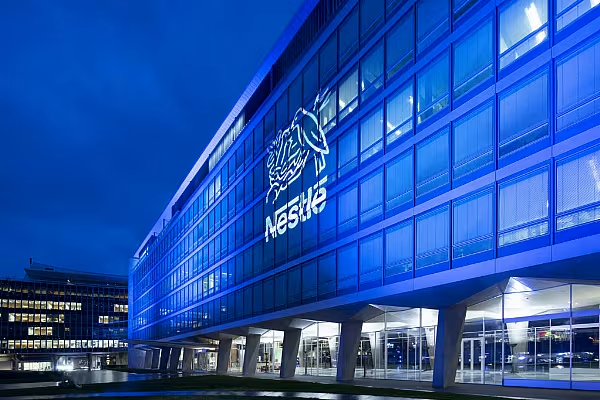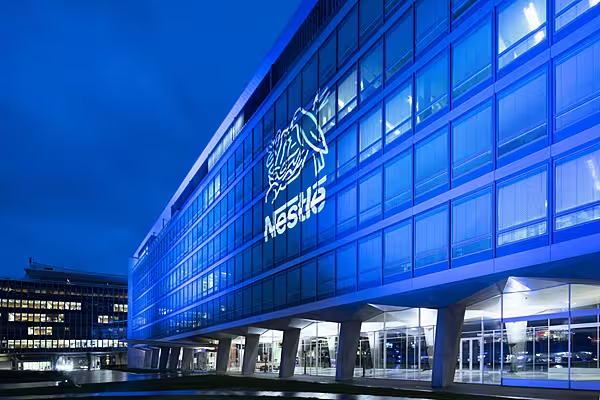So far, 2024 has been a very eventful year for Nestlé. The world’s most valuable food brand has seen leadership changes, unpredictable financial results, and major upsets within the industry as a whole.
This month, Nestlé cut its full-year sales outlook and reported worse-than-expected nine-month organic sales growth. It now expects 2024 organic sales growth to be close to 2%, and an underlying trading operating profit margin of 17%.
In August, CEO Mark Schneider stepped down after seven years in the role, and new CEO Laurent Freixe faces a number of complex challenges coming into 2025.
Barclays has released a new report for investors, which looks at the key considerations that Freixe must take into account in the coming months.
1) European Consumer Behaviour
The report suggests that European consumer behaviour appears to be getting ‘incrementally weaker’. Barclays believes that the European consumer is showing more ‘value-seeking’ behaviour and focusing on affordability, as high food prices and inflation continue to erode household budgets.
2) Latin American Challenges
Barclays has noted that although Latin America has been a key market for many European staples companies over the last two years, ‘cracks’ are beginning to appear.
Nestlé referenced a weaker consumer and retailer atmosphere across Latin America in the third quarter, which it believes is being driven by the increasing cost of money, meaning that retailers are much more cautious about keeping inventories at high levels.
3) Weak Sales In Türkiye
Nestlé specifically mentioned Türkiye recently and expressed disappointment with business in this region.
The report mentions the rapid weakening of the Turkish economy, and that most companies are capping prices in Türkiye, resulting in a sharp slowdown in volume/mix in the quarter.
4) Strong Infant Nutrition Market In China
Barclays noted that Nestlé’s Chinese segment delivered solid growth in the face of a ‘challenging’ macro backdrop. This was mainly driven by its infant nutrition business, supported by a strong performance by the NAN brand and an improving performance by its Illuma brand.
5) Slowdown In US Coffee Creamer Business
Nestlé recently announced a slowdown in its US coffee creamer business, which is primarily focused on its Coffee Mate brand.
The report suggests that increased price competition in the coffee creamer market and the rise of the value-seeking consumer are playing a role in the decline.
There has also been weakness in European coffee pod market sales, which, Barclays warns, could have a negative read across to JDEP.
6) Pet Food Market Normalising
The report states that Nestlé has seen pricing in pet food turning negative. Barclays believes that this reflects lower input costs for cereals (a key input cost for pet food) and lower animal protein pricing.
The financial experts also suspect that with new supply coming on stream, this is allowing promotional activity to step up.
‘Transitional Year’
Overall, Barclays believes that new CEO Freixe is ‘measured and realistic’, and that the stock rallied from lows during the analyst conference call, due to a combination of short covering and expectations.
Barclays noted that this could be the last downgrade, and that the CMD is likely to give ‘helpful incremental colour’ on areas such as savings.
Nestlé noted that it would not guide on 2025 until February, but Barclays expects the 2025 OSG guide to be prudent, with 2-3% growth, with a UTOP margin of at least 16%.
‘Whilst prudence is good, it will mean on our updated estimates that 2025 will be a transitional year with the second consecutive year of negative EPS growth,’ noted Barclays.
‘Investors will need to look beyond 2025 and get comfortable that OSG and margins can meaningfully accelerate.’














